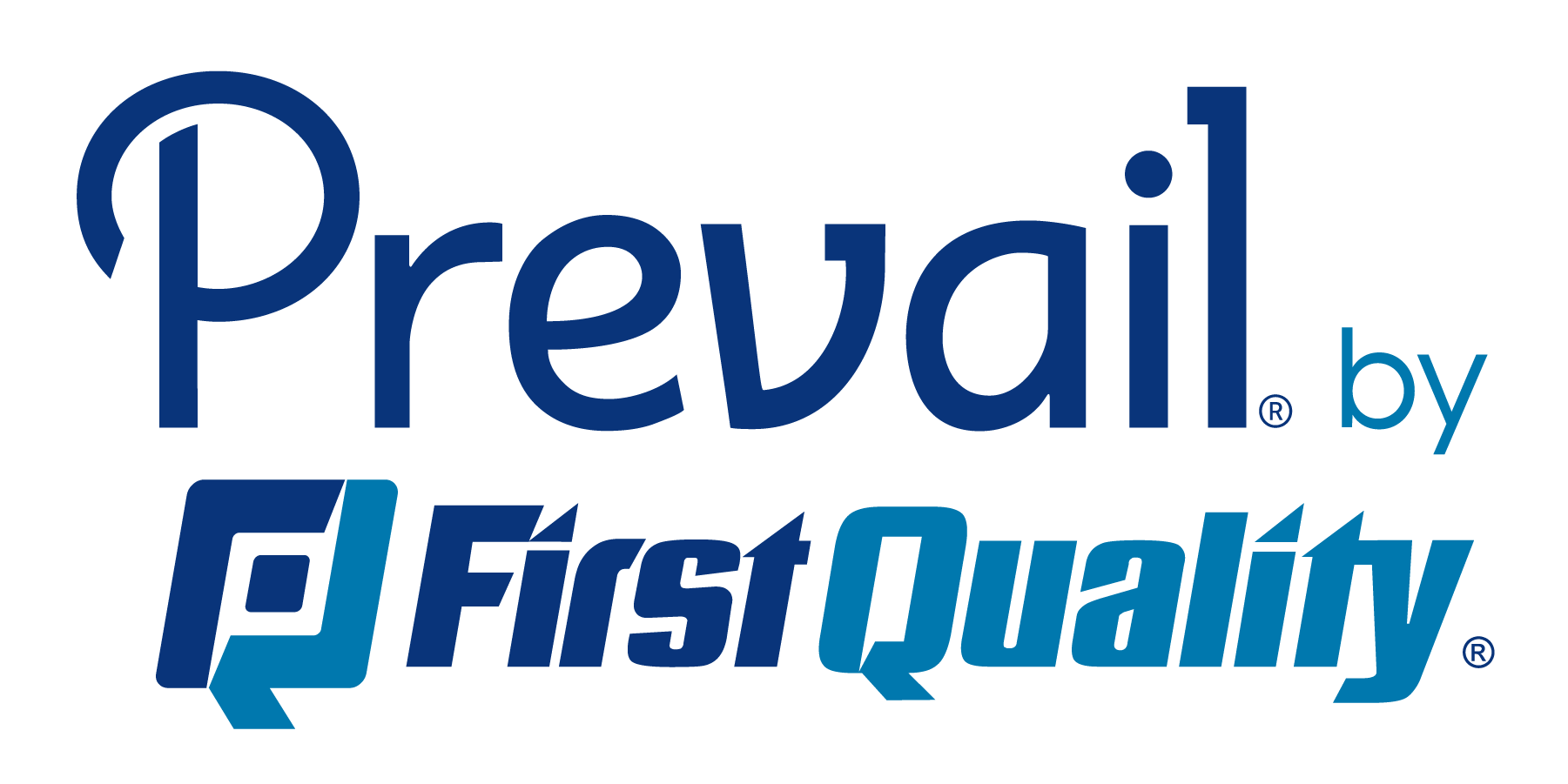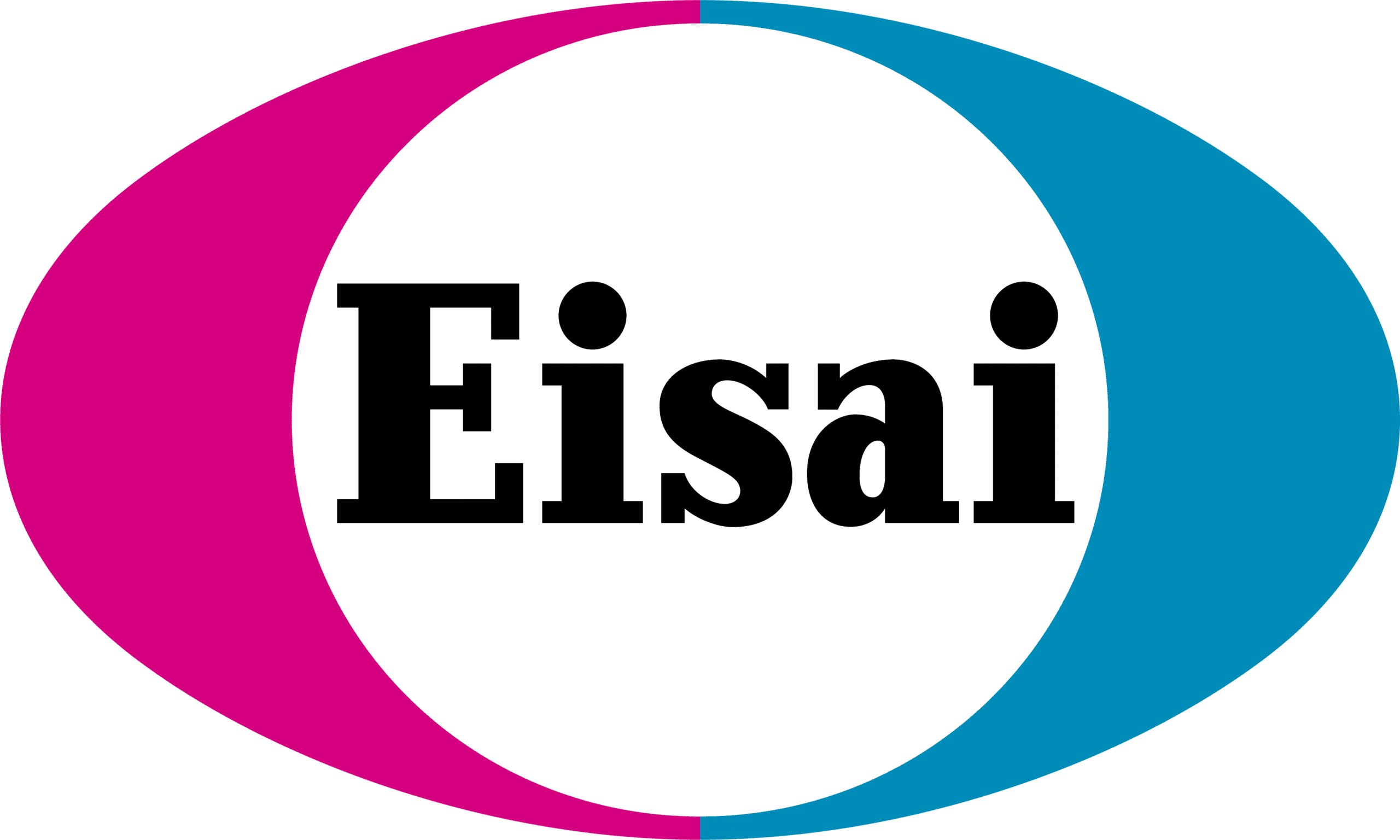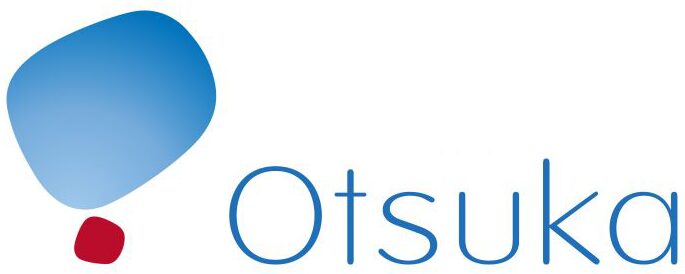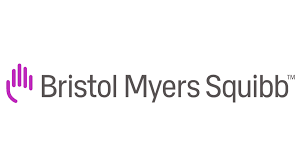
Caregiving doesn’t pause after November — and neither does the importance of staying connected to the right support. Plug-in to Care helps caregivers find trusted information, supportive communities, and practical tools that make each day a little more manageable. Whether you’re caring for a loved one this holiday season or any time of year, connection can make all the difference.
The Caregiver’s Role
When a loved one undergoes an amputation, caregivers often face the need to adapt to sudden changes: mobility, prosthetics, pain and phantom limb issues, emotional adjustment, and home adaptations. Over time, new challenges emerge—maintenance of prosthetic devices, physical therapy, preventing complications, and helping the person rebuild confidence in daily life. As a caregiver, your role may include medical support, emotional encouragement, environmental modifications, coordination with therapists or prosthetists, and planning for long-term independence.
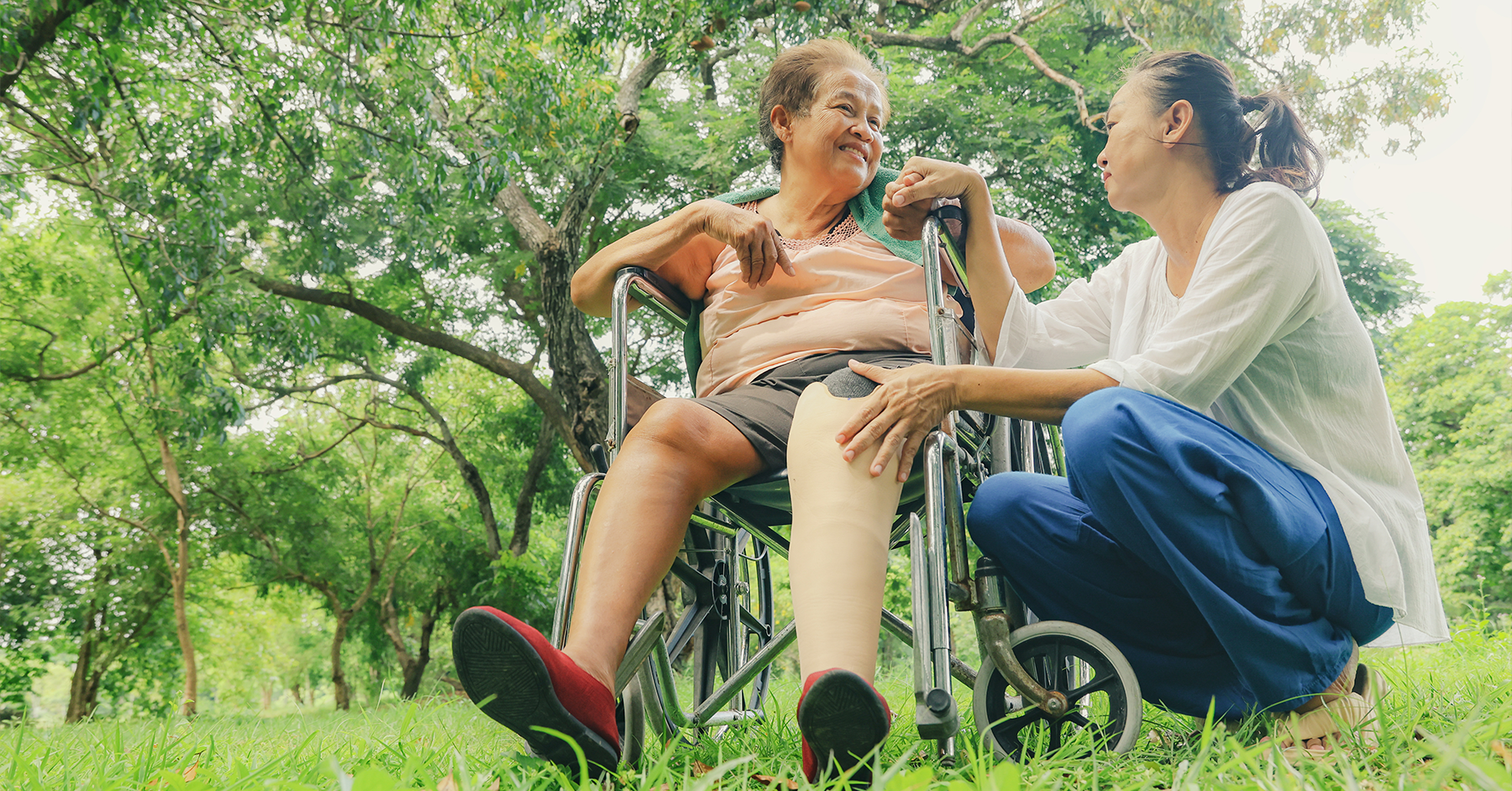
Top 3 Things Caregivers Should Know
Caregiving Resources
Partner Resources
Caregiver Action Network
This resource was developed with support from Amputee Coalition.

